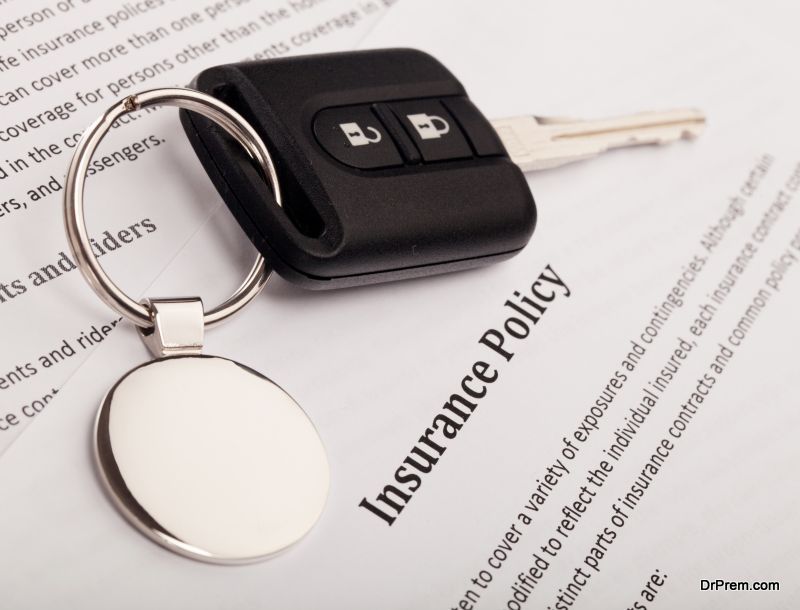If you’ve been involved in a car accident, it can be easy to assume that your insurance company is on your side. (After all, you’re their loyal customer – right?) Well, not so fast. Insurance companies will turn on you in a hurry when it appears they’ll owe you money.
1. See a Quick Settlement Offer for What it Is
One common strategy insurance companies use is to offer a quick settlement. This might seem tempting, especially if you’re facing immediate medical bills or repair costs. However, these initial offers are often much lower than what you might be entitled to. (Maybe just 25 to 35 percent of the true value of your claim.)
It’s important that you don’t accept any settlement without thoroughly assessing the damage and understanding the full extent of your expenses, including potential future medical costs and damages.
Insurance companies are good at making you feel like they’re presenting their best offer – and that they’ll take it back as quickly as they presented it, should you drag your feet. But this isn’t true. You have plenty of time. Use it wisely.
The best way to deal with an uncooperative insurance company is by hiring a lawyer, especially if your case involves significant damages or injuries. A skilled attorney can negotiate on your behalf and ensure that your rights are protected. They can also help you understand the legal aspects of your claim and provide guidance on the best course of action.
“You may wonder how you can possibly take on the additional expense of a car accident attorney,” says lawyer Steve Foley. “The good news is that most car accident attorneys get paid a prearranged percentage of the total compensation only after the claim is successfully resolved.”
2. Document Absolutely Everything
Documentation is your best defense against any underhanded tactics that the insurance company tries. From the moment the accident happens, start gathering as much evidence as possible.
- Take photos of the accident scene, your vehicle, the other vehicle(s), and any visible injuries.
- Collect names and contact information of witnesses.
- Keep a detailed record of all medical visits and treatments related to injuries from the accident.
- Save all receipts and bills connected to the accident, as these will form the basis of your claim.
The more thorough you are with your documentation, the more proof and evidence you have to support a larger claim and payout. Your attorney will work with you to make sure you gather as much evidence as you possibly can.
3. Be Smart With Your Words
When reporting the accident to your insurance company, be careful with your words. (Not in a tricky way – just in terms of sticking to the important, necessary details.)
Avoid making any statements that could be interpreted as admitting fault. Stick to the facts without speculating about who was to blame or how the accident happened. Insurance adjusters are skilled at asking questions that may lead you to say something that could undermine your claim.
4. Know Your Policy
It’s crucial to understand the specifics of your insurance policy. Know what types of damages and injuries are covered and to what extent. Having a good understanding of your policy can prevent insurance companies from claiming that certain aspects of your claim aren’t covered when they actually are. If there are any ‘question marks’ in the language of your policy, ask for clarification from your insurance provider in writing.
5. Don’t be Afraid to Challenge
If your insurance company disputes the validity of your medical treatment or the estimates for repairs, don’t just blindly accept their response. You have a right to – and should – challenge the insurance company every step of the way. (This is where having an attorney on your team helps, as they know exactly which buttons to push.)
Obtain detailed reports from your doctors about the necessity of your medical treatments. You can also get second opinions from other mechanics or car repair shops if you feel the estimate provided by the insurance adjuster is too low. The more proof and evidence you compile on your side, the better.
6. Look Out for Numero Uno
If you think your insurance company or, even worse, the other party’s insurance company, is looking out for you – think again. All they care about is getting this situation resolved quickly and keeping their fat pockets, well…fat.
At the end of the day, the only person looking out for you is you (and your lawyer). Prioritize your best interests by hiring a trustworthy attorney and following their lead.
Article Submitted By Community Writer




